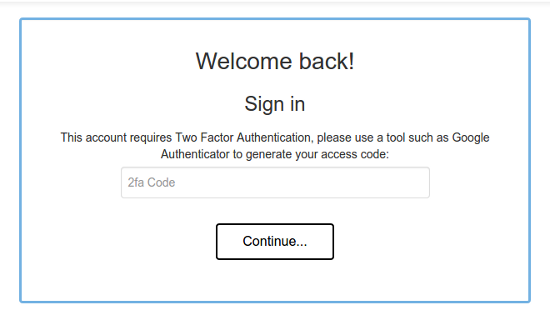 One of the features I’d really like to have in Known, is the ability to schedule posts for a later date.
One of the features I’d really like to have in Known, is the ability to schedule posts for a later date.
Sometimes I do this via my post by email plugin combined with an email scheduling tool, and at some point I’ll actually get around to sending a pull request to schedule posts natively.
In the meantime, I wrote a quick plugin which makes use of the Buffer service to create a post schedule for your a number of social networking accounts.
When installed and configured, this plugin will give you a new “buffer” syndication channel which will act like a meta channel – posting to multiple social networking accounts configured according to your buffer schedule.
Hope this is useful to some of you!


